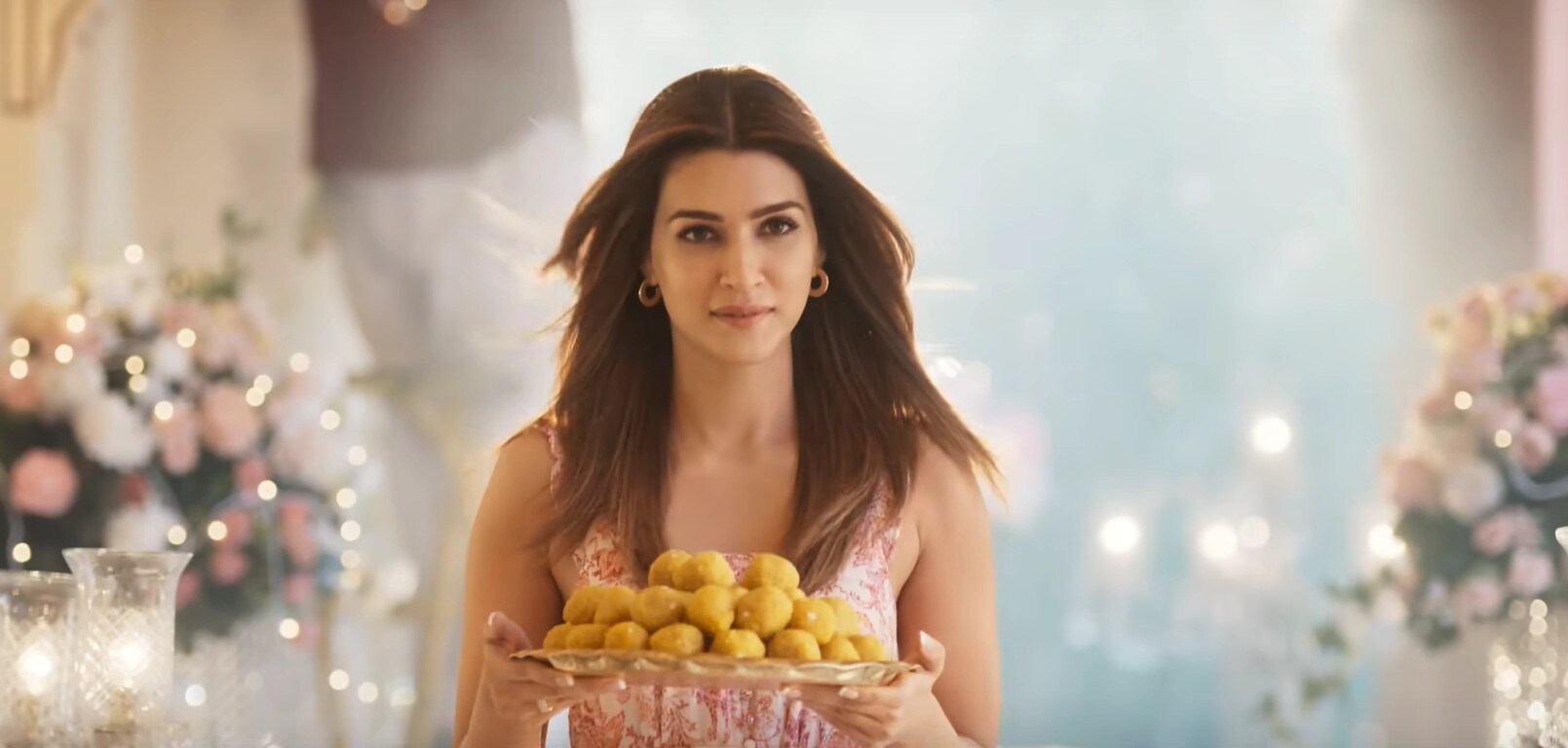
Growing up in the 1980s, I occasionally thought of the next millennium as a time when the surge of feelings we associate with early onset romantic love and orgasms would be available in a pill. I imagined an oxytocin-on-demand world, where you could just pop in to a neighbourhood bar to get your fix of fuzzy feelings. An empathetic world where we would be beyond labelled relationships, petty frailties and heartbreak.
I married a man on the cusp of the second and third millennia, as the world marked the end of an era. There was relief when the millennium or Y2K bug didn't reset our computers to the year 1900. We were firmly en route to the future. Our love story that began with an invitation to partake in fish and Old Monk (thankfully, he persevered despite my vegetarianism), had echoes of Nora Ephron's 1998 classic You've Got Mail.
And now here we are in 2024. We haven't gone beyond oxygen bars, Ephron's era of romantic love is firmly over, and nothing progressive or postmodern has replaced it.

While you could argue that artificial intelligence has changed the game of love, some things seem more unchanged than ever before. Even with AI, we feel the need to ‘fall in love'. We now make movies where heartbreak is summarised in phrases such as ‘operating system not found' and marry chatbots we've ‘moulded' to satisfy our vanity. We get excited that we can train AI to know our deepest fears and feelings and mistakenly label this as a connection. One person described chatting with her AI boyfriend whom she built using companion app Replika as ‘training a pet'. Replica allows you to customise name, gender, appearance, voice and mood. There's even a new Hindi film where the hero falls in love with a robot.

A screengrab from the film Teri Baaton Mein Aisa Uljha Jiya where the hero falls in love with a robot.(Source: Youtube)
In the post-Ephron world, getting email from a stranger is no longer a recipe for true love. A new McAfee report shows that 26% of Indians talked with a potential love interest online, only to discover the ‘person' was an AI-generated bot. 40% of us have been scammed in our quest for love. Apparently, we can't even differentiate between love letters written by humans and bots.
A representative of the digital security company urged those seeking love to “balance romantic hope with healthy skepticism”. He said scammers were hard at work in February, using AI to pose as love interests to steal your money or personal information.
Even if you set aside AI, how much have things really changed? Online dating has lost its charm. Sure, Indian Instagram now sells candy-coloured sex toys, experts reassure you that self-love is the best love and make (much needed) educational videos using fruits to help men (and women) figure out the location of the clitoris.
But despite all the tools and access to a wider dating pool, humanity's need for connection seems more desperate than ever before. But the hurdles that come in the way of making those connections seem to get tougher every day. Lovers continue to be attacked for their choices in India, by the state, the courts and by their own families.
As a co-founder of India Love Project, our Instagram venture that makes its OTT debut as Love Storiyaan on Amazon Prime today, we've seen that interfaith unions were easier two generations ago than they are today. We are bombarded with messages from couples who don't know where to turn for help. They use our platform to offer each other survival strategies and discuss the best ways to break the news to the biggest opponents of the right to choose—their parents.
As marriage equality languishes in court, a young man in Kerala was not allowed to receive his partner's body even as his biological family refused to accept it. It was a case to illustrate exactly why LGBTQIA+ groups are fighting for the law to recognise the right to chosen families, rather than just the biological unit that often disowns or act abusively towards its rainbow children.
So much for the futuristic ring of the year 2024. In the present dark age of love, relationships as resistance is the only way forward. Young lovers should fall in love with someone outside the tightly drawn boundaries of their lives and bring us back to the future.
Priya Ramani is a Bengaluru-based journalist and is on the editorial board of Article-14.com.
The views expressed here are those of the author and do not necessarily represent the views of NDTV Profit or its editorial team.
Essential Business Intelligence, Continuous LIVE TV, Sharp Market Insights, Practical Personal Finance Advice and Latest Stories — On NDTV Profit.























